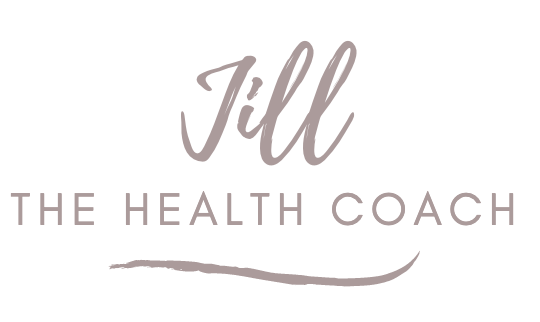Reposted from May 13, 2015
Listen to Your Gut
Some say your gut is your second brain. It doesn’t seem like it makes much sense but we do instinctively know this. Something we have all experienced is getting butterflies (a stress response) when we are nervous.
There is a lot more to your gut than just butterflies. When our gut is out of balance, we are prone to inflammation which leads to a host of other imbalances such as allergies, acne, arthritis, headaches, autoimmune disease, depression, attention deficit, and more.
This imbalance can cause a type of malnutrition which may also lead to inflammation resulting in the above symptoms. The gut, for example, may have a problem recognizing certain “foods” as digestible. These aren’t recognized as real food and will sit in the gut and ferment. It has nowhere to go and can cause damage over time to the lining of the gastrointestinal tract. It can also get in the way of “real food” that the body is able to digest– resulting in the body not getting nutrients. Ultimately, this can lead to malabsorption of vitamins and minerals that the body needs to produce for the entire body to be in balance.
This ties into the gut flora which consists of bacteria. We need a balance of “good bacteria” and “bad bacteria” to work together to fight off illness and strengthen our immune system. However, when the “bad” bacteria overtakes the “good”, the imbalance creates a ripe stage for inflammation and lowered resistance. Therefore, even if your stomach feels fine, it may be an imbalanced gut that is causing symptoms in other parts of the body.
Dr. Mark Hyman, famous doctor and author states, “It seems remarkable, but the little critters living inside of you have been linked to everything from autism to obesity, from allergy to autoimmunity, from fibromyalgia to restless leg syndrome, from delirium to eczema to asthma. In fact the links between chronic illness and gut bacteria keep growing every day.”
Dr. Hyman suggests a few tips to balance your gut and thus overcome or avoid these health problems:
1. Eat a fiber-rich, whole foods diet–it should be rich in beans, nuts, seeds, whole grains, fruits, and vegetables–all of which feed good bugs.
2. Limit sugar, processed foods and grains–these provide food for unhealthy bugs.
3. Avoid the use of antibiotics, acid blockers, and anti-inflammatories–they change gut flora for the worse.
4. Take probiotics daily–these healthy, friendly flora can improve your digestive health and reduce inflammation and allergy.
All material in this newsletter is provided for information only and may not be construed as medical advice or instruction. No action or inaction should be taken based solely on the contents of this publication;instead readers should consult appropriate health professionals on any matter relating to their health and well-being. The information provided has not been approved the Food & Drug Administration and is not intended to diagnose, treat, cure, or prevent any illness or disease.

